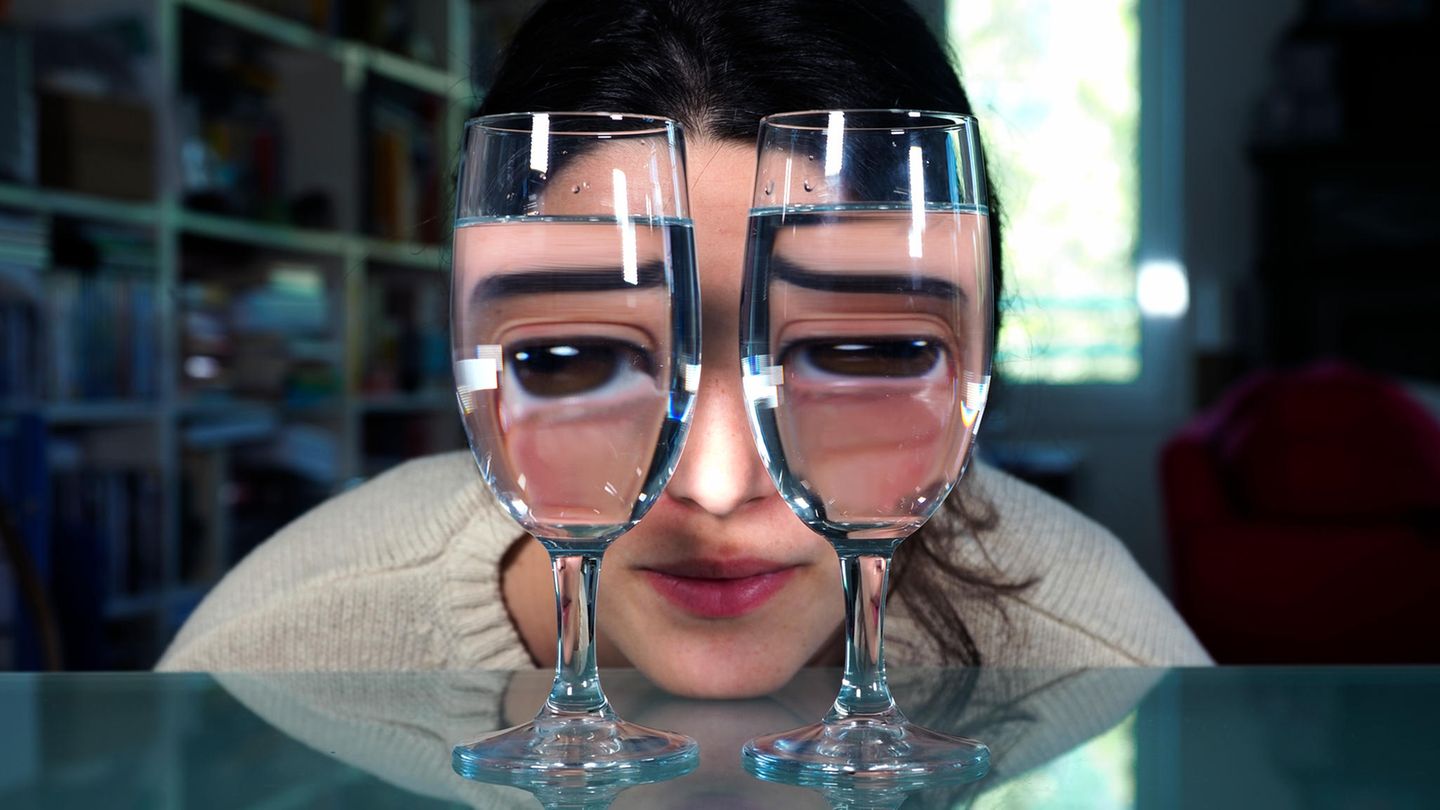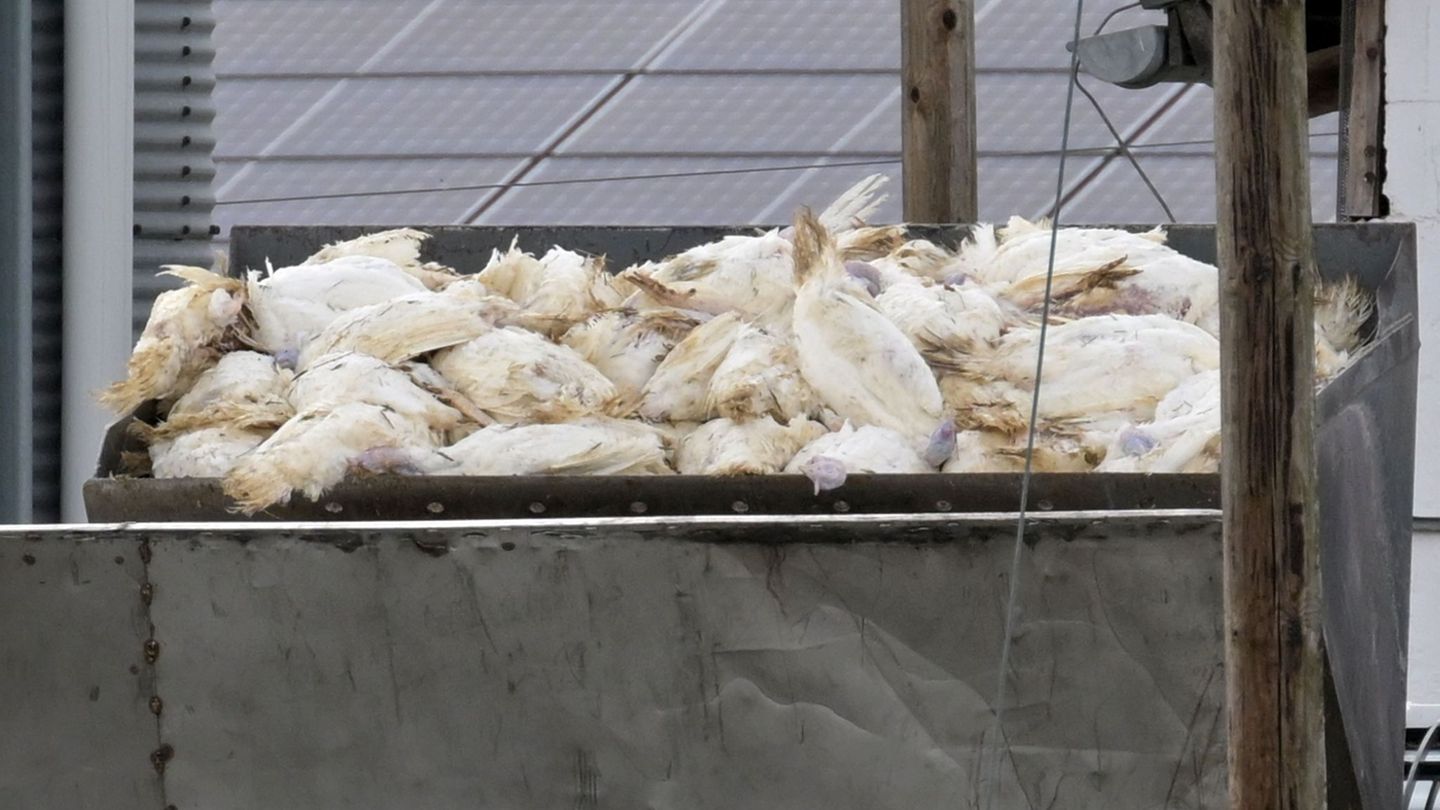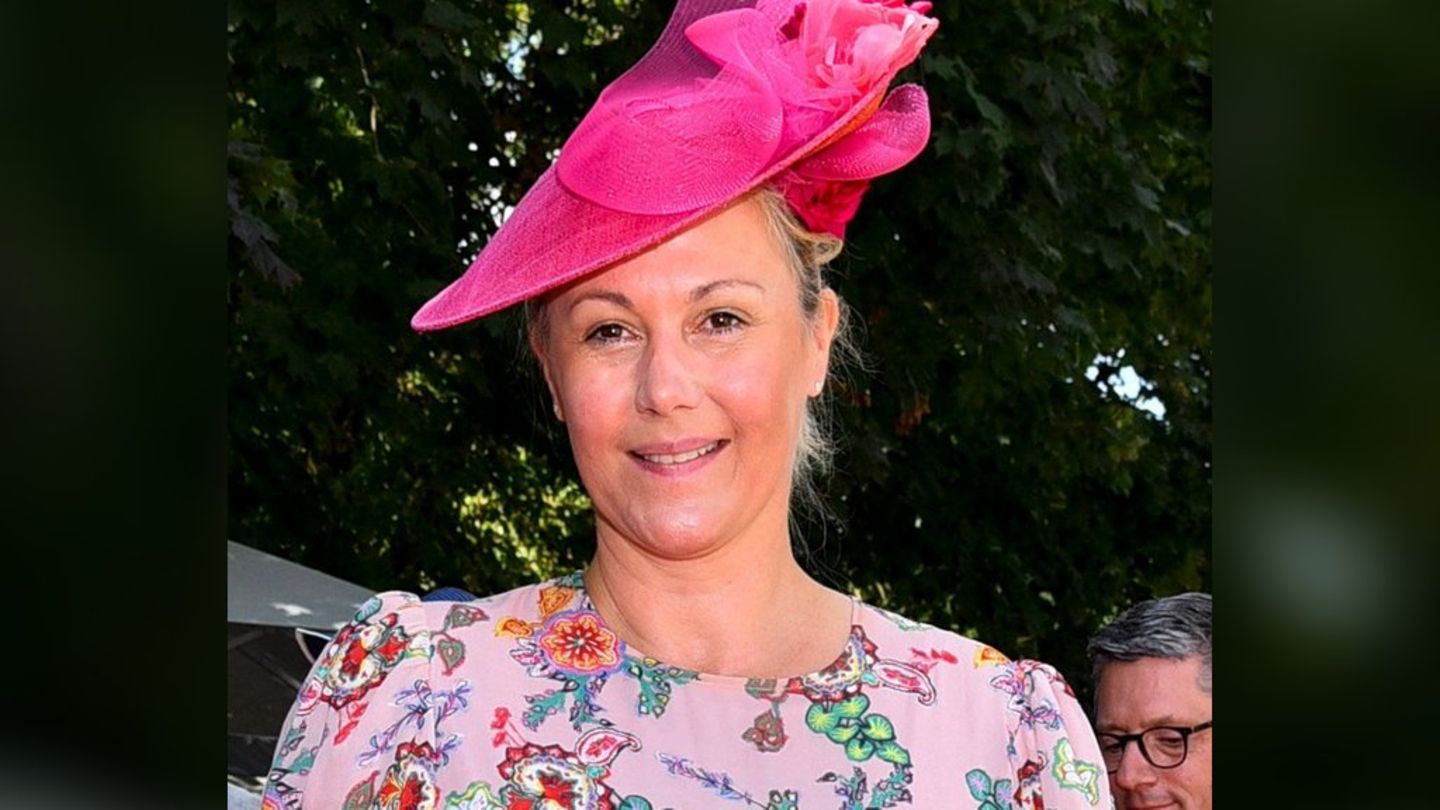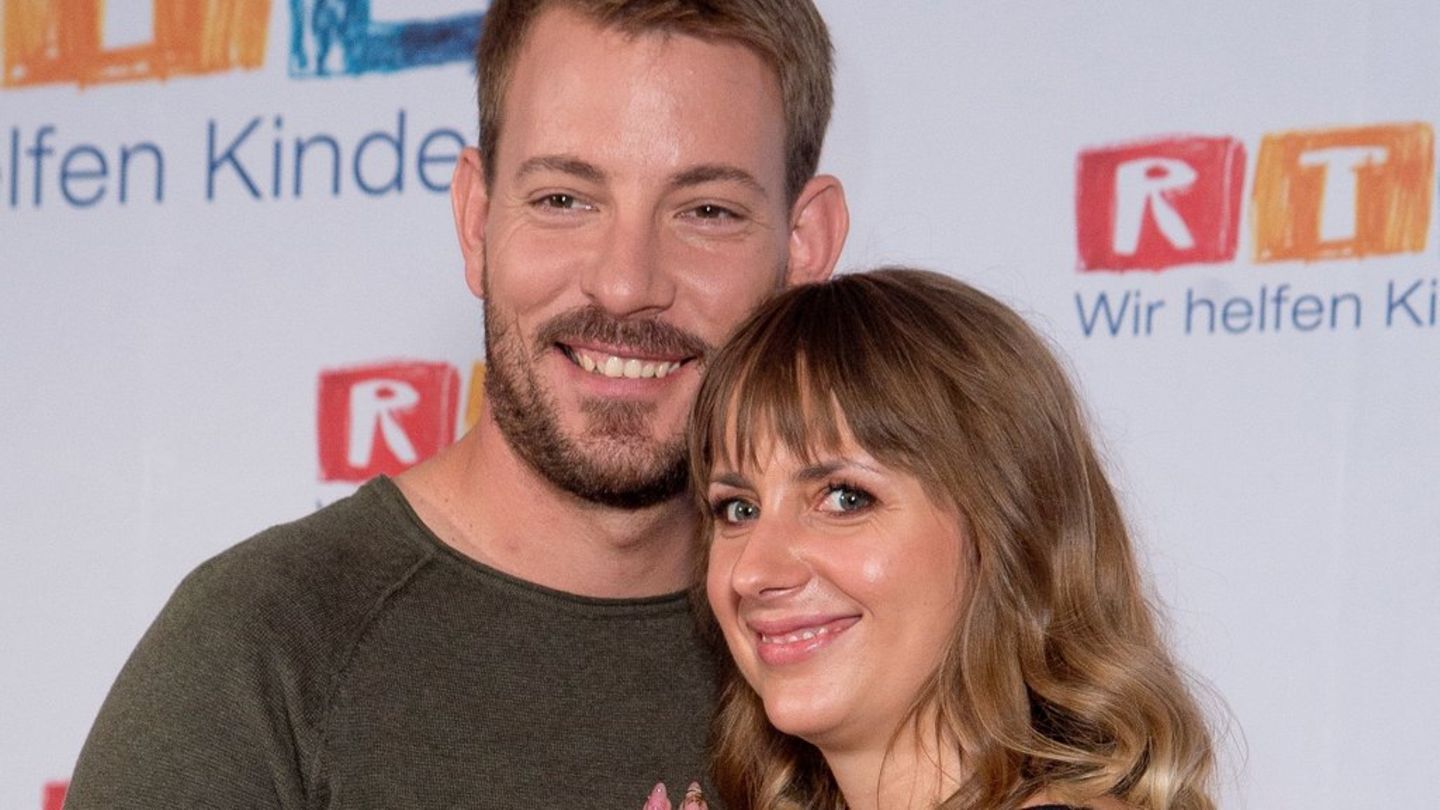Compared to other countries, this country is very careless when it comes to protecting young people from alcohol. Only one country in Central America takes a similarly relaxed approach.
According to the Youth Protection Act, young people aged 14 and over are allowed to drink beer, wine or sparkling wine – that is, champagne – provided that a “person with parental authority” is present. Federal Health Minister Karl Lauterbach is now in favor of banning this so-called “supervised drinking” for 14- to 16-year-olds. “From a health policy perspective, there can be no two opinions on this issue,” the SPD politician told the Redaktionsnetzwerk Deutschland (RND). “The presence of adults does not change the harmfulness of alcohol for children. That is why so-called supervised drinking should be prohibited.”
Other countries handle this much more rigorously. Buying and consuming alcohol is completely forbidden for all nationals and/or Muslims, for example in Afghanistan, Iran and Saudi Arabia. Anyone who violates this can go to prison. In India too, depending on the state, there is either a complete ban or the age limit is comparatively high. In the capital New Delhi, for example, it is 25 years. There is no country in Asia where anyone under 18 can legally buy alcohol.
Nicaragua is as relaxed as Germany when it comes to alcohol for young people
In North, South and Central America, apart from Nicaragua (alcohol in restaurants from the age of 14), only Barbados, Grenada, St. Nevis and St. Kitts, each with a minimum age of 16, make an exception to the otherwise applicable 18 to 21 years.
And in Africa? Several countries have no laws at all regulating the protection of young people from alcohol. Teenagers in Gambia are allowed to drink at the earliest (16), while Eritrea is the latest (25).
In our neighbouring Denmark, you can legally buy wine and beer from the age of 16. In France, too, you can drink from the age of 16 – accompanied by your parents. The same applies in Great Britain, Switzerland and Austria. In Italy and Spain, however, minors are not allowed to buy alcohol at all.
The idea of banning supervised drinking for teenagers is also viewed with skepticism. Every step to prevent young people from drinking alcohol is good for their health, said Tino Sorge, the health policy spokesman for the CDU/CSU parliamentary group, to the DPA news agency. But laws must be measured against real life: “The family plays a central role when it comes to responsible use of alcohol. Whether a categorical ban can be established even in the private sphere must be discussed pragmatically.” No teenager who tries a sip of his father’s beer for the first time will become an alcoholic.
Sorge stressed that educational programs in schools and clubs and a careful look at the social environment of young people are more important. After all, the vast majority of alcohol excesses take place where parents are not present.
Sources: , , , with DPA
Source: Stern
I’m Caroline, a journalist and author for 24 Hours Worlds. I specialize in health-related news and stories, bringing real-world impact to readers across the globe. With my experience in journalism and writing in both print and online formats, I strive to provide reliable information that resonates with audiences from all walks of life.




